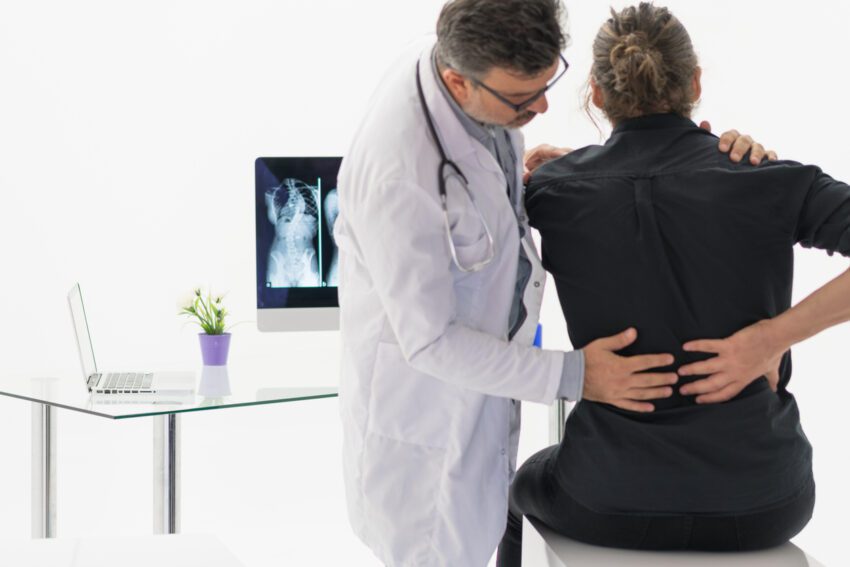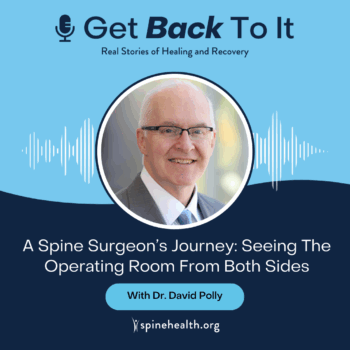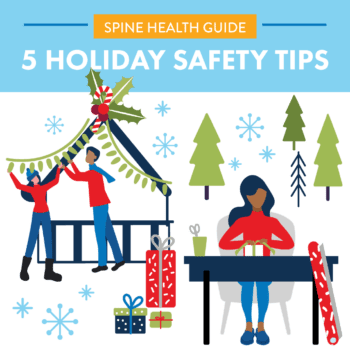A muscle spasm is a sudden, involuntary contraction of one or more muscles. This can cause pain and make it difficult to move. Muscle spasms in the back are a common issue and can range from mild to severe.
Common Causes
- Muscle strain: Overuse or injury to the muscles.
- Dehydration: Not having enough fluids in your body.
- Electrolyte imbalances: Low levels of minerals like potassium, calcium, and magnesium.
- Poor posture: Sitting or standing incorrectly for long periods.
- Nerve compression: Pressure on the nerves in the spine.
Symptoms
- Sudden, sharp pain in the back.
- Tightness or stiffness in the affected muscle.
- Difficulty moving the back.
- Pain that gets worse with movement.
- Muscle twitching.
Diagnostic Tests
- Medical history: Discussing your symptoms and possible causes with your doctor.
- Physical exam: The doctor checks for pain, muscle tightness, and range of motion.
- X-rays: Pictures of the spine to see bone alignment and any damage.
- MRI or CT scan: Detailed images of the spine to check for issues with the discs, nerves, and other tissues.
- Blood tests: To check for electrolyte imbalances or other medical conditions.
First-Line Treatment Options
- Medications: Over-the-counter pain relievers, muscle relaxants, or prescription medications to reduce pain and inflammation.
- Physical therapy: Exercises to strengthen back muscles and improve flexibility.
- Massage therapy: To relax tight muscles and improve blood flow.
- Heat and ice therapy: Applying heat to relax muscles and ice to reduce pain and swelling.
- Hydration: Drinking plenty of fluids to prevent dehydration and electrolyte imbalances.
Common Conditions That Can Cause Similar Symptoms
- Annular Tear: When the outer lining of the disc develops cracks or tears.
- Herniated disc: When the inner part of a spinal disc pushes out and presses on a nerve.
- Spinal stenosis: Narrowing of the spaces in the spine, putting pressure on the nerves.
- Degenerative disc disease: When discs break down due to aging or injury.
When to See the Doctor
- If you have persistent or severe muscle spasms.
- If you experience numbness, tingling, or weakness in your legs.
- If the spasms interfere with your daily activities or sleep.
- If you have difficulty moving or standing up straight.
What to Ask the Doctor
- What is causing my muscle spasms?
- What treatment options are available?
- How long will it take to recover?
- Are there specific exercises I should do or avoid?
- What can I do to prevent muscle spasms in the future?
Home Remedies for Mild Symptoms
- Rest: Avoid activities that worsen the pain and give your muscles time to heal.
- Heat therapy: Applying heat can relax tight muscles.
- Ice therapy: Applying ice can reduce pain and swelling.
- Hydration: Drink plenty of fluids to stay hydrated and maintain electrolyte balance.
- Gentle stretching: Stretching can help relieve muscle tension and prevent spasms.
Understanding muscle spasms can help you know when to seek medical advice and what questions to ask your doctor. Early detection and treatment can help diagnose and manage the underlying condition and improve your quality of life.



